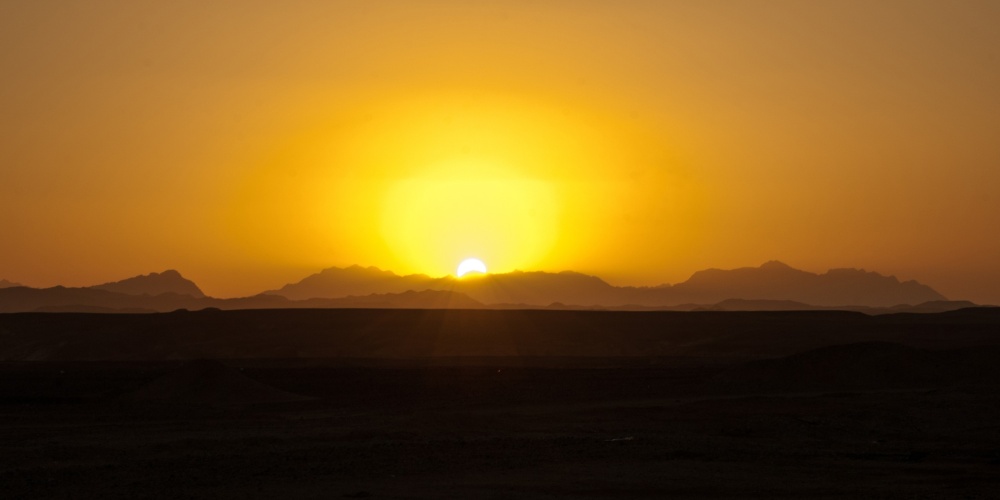
One of the most fascinating features of the Torah is the mixing of law and narrative. Nowhere is this more evident than in sefer Bamidbar. Sefer Breisheet is completely narrative, the first half of Shemot is all narrative with the second half focusing on law (with the exception and interjection of the Chet HaEgel story), and Sefer Vayikra, with two small exceptions, is all law. It is when we get to sefer Bamidbar that narrative and law are intertwined, with the latter often a result of the former.
Thus, the story of Benot Tzolfchad is followed by the Torah’s laws of inheritance (Chapter 27) , the battle with Midian (Chapter 31) is the precursor to the laws of koshering non-kosher utensils (captured in battle), and the 38 years of death in the desert are followed by the laws of the parah adumah, the laws of purification after contact with death (Chapter 19) [1].
After the tragic story of the meraglim, and the delay to enter the land, the Torah follows with a series of laws relating to the Land of Israel, assuring the people that, while they will not enter the land, their children would.
Properly understanding the meraglim story is the key to ensure our success in the Land of Israel. It is noteworthy that the first story Moshe mentions in sefer Devarim is that of the meraglim – and not for instance that of the sin of the golden calf. With the people on the verge of entry to the Land, Moshe is presumably warning them not to repeat the mistake of their parents, which would cause another delay of entry to Israel. Yet the ability to mess up at that point was rather limited, and it seems Moshe’s message was meant more for future generations. We must not repeat the mistakes of the meraglim and we must study the story and reach the appropriate conclusions.
But what might those lessons be?
The commentaries debate whether it was appropriate to send the meraglim in the first place. Rashi assumes that it was the sending itself that was wrong, and that this error was ultimately the cause of our wandering in the desert. After all that G-d had done for the people, after miracle after miracle after miracle, how dare one doubt G-d’s promise to bring us to the Land of Israel? “Shelach lecha, send for you” – Moshe, you can send spies if you want, but please leave me out of this.
The Ramban has a very different take. “Ein somchim al hanes, one must not rely on miracles. Entry to the land of Israel would mark a great change in the lives of the Jewish people. No longer would we exist on bread from heaven, water from rocks, and clouds of glory leading the way. The miraculous would be replaced by the hard work of the people. The land of Israel is a place where one lives a more natural life. Before trying to conquer a land, one must gather intelligence.
This debate is not about who is right and who is wrong; it is not all or nothing. Both Rashi and the Ramban – and all Jewish thinkers – understand that we must, at the same time and at all times, have faith in G-d, and yet we must not rely on miracles. We must make policy, cognizant of geo-political concerns, and yet believe that the Land was given to us by G-d. To quote David Ben Gurion: “In Israel, in order to be a realist, one must believe in miracles.”
The question is where to draw the line – a line between the building of a fence around the roof so that “one destined to fall” will not fall because of one's negligence, and the command to let our land lie fallow in the seventh year.
This debate lies at the core of perhaps the most fundamental debate raging today in the Land of Israel. We are, as Balaam noted, a nation that dwells apart, not quite subject to the laws of history, yet at the same time, one subject to the laws of nature. A nation told to conquer the land but ordered not to rebel against the nations (Ketubot 111a).
The story of the meraglim is much more than a story following on the heels of Miriam’s speaking lashon hara against Moshe, teaching that we may not talk lashon hara, even against the Land of Israel. It is a complex story teaching how we must balance realism and idealism, trust in G-d and the actions of man. Getting that balance right makes all the difference and is the key to success in the Land.
[1] Parshat Korach ends with Chapter 18 in the first year in the desert and chapter 20 opens with the death of Miriam in year 40. In between are the detailed laws of the the parah adumah in chapter 19.



